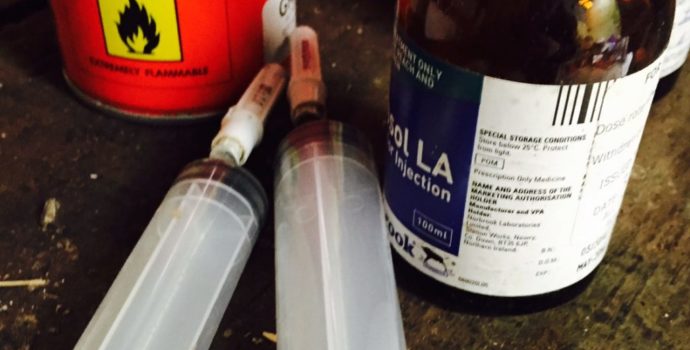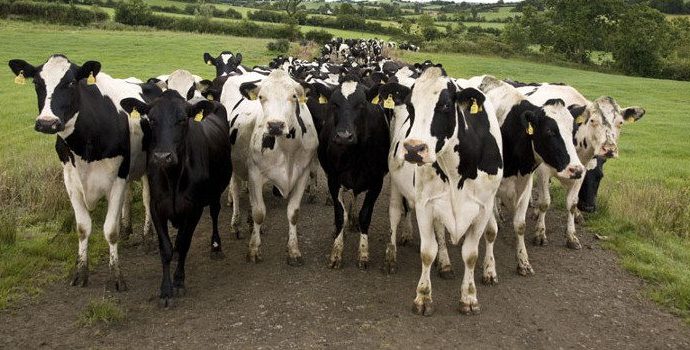Glanbia to Up 2011 Liquid Milk Price to 35.3c/l Minimum

IFA Liquid Milk Chairman Padraig Mullligan said that Glanbia would increase its 2011 liquid milk price to a minimum of 35.3c/l + VAT, and urged other dairies to follow suite urgently, to ensure that a more viable price is paid for all liquid milk producers in the country.
However, Mr Mulligan added that the Glanbia move to fundamentally change their payment system from 2012 could undermine specialist liquid milk production systems. He added that farmers must be given a firm commitment by Glanbia that it will not be used to secure cheaper milk on retailers’ behalf.
“Glanbia is the dominant player on the Irish market. They must stop catering to the greedy whims of supermarkets and start selling harder to secure sustainable prices for suppliers,” Mr Mulligan said.
“It is high time dairies copped on that milk cannot be produced below costs: to get fresh, quality milk all year round, dairies will have to start selling it harder to supermarkets, and pay us a sustainable price for it. Getting cheaper milk to fill retailers’ pockets makes no sense to me.”
Mr Mulligan said Glanbia, and most other dairies which have already implemented pricing systems based on manufacturing milk prices, could undermine specialist liquid milk production for the benefit of multiples. They assume that, in the context of the planned dairy expansion, a small correction in the peak milk production season will suffice to deliver milk of the right quality and freshness year-round cheaply.
“This is simply not possible. We have demonstrated, in an exercise carried out with the help of Teagasc, that to produce quality milk, cover rapidly rising variable and fixed costs, pay themselves a modest wage, and make minimum reinvestment on their farms, liquid milk producers need an annualised price close on 40c/l in 2011. This year, most producers are receiving a little over 32c/l on average, with producers in some dairies getting a lower price for liquid milk at certain times of the year than for manufacturing milk,” he said.
“Do our dairies really want to give supermarkets cheaper milk to help retailers increase their margins at our expense? We need sustainable pricing. The wholesale prices agreed between many dairies and retailers are unsustainable, as are the “distress” retail sales of milk by small shops hit by the recession desperately trying to bring the punter in,” he added.
“We need a major review of our liquid milk industry strategy, similar to that undertaken by ICOS and KPMG for the processing and marketing of our main commodities. This must start with the recognition that farmers need to be paid a sustainable price close on 40c/l, and that dairies must secure that return from retailers. I intend to pursue this issue with ICOS and the NDA,” he said.




